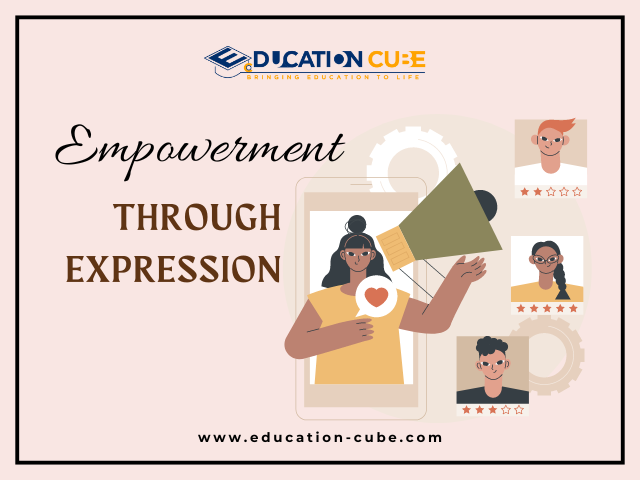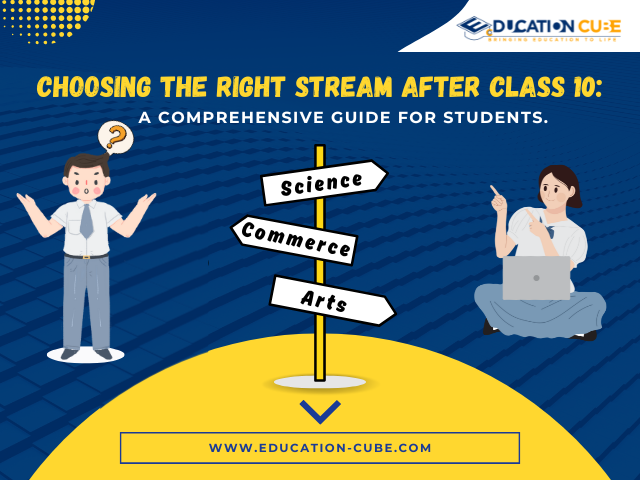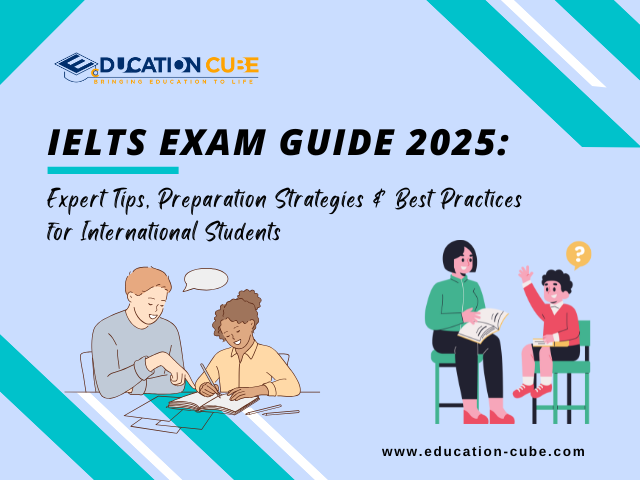
Empowerment through Expression: The Importance of Communication Skills for Student Advocacy
Communication skills encompass a broad spectrum of abilities including verbal and non-verbal communication, active listening, persuasion, and emotional intelligence. Mastering these skills is crucial for students in various advocacy scenarios, whether speaking at a school board meeting, participating in student government, or campaigning for policy changes. Effective communication allows students to present their arguments coherently, engage diverse audiences, and build coalitions around shared goals.
Fosters Power of Articulation: One of the primary benefits of strong communication skills is the ability to articulate one’s ideas and thoughts clearly and persuasively. This clarity is essential in advocacy, where the goal is often to convince others of the validity and urgency of a particular issue. Students who can express themselves confidently and concisely are more likely to gain support from peers educators and policymakers. They can effectively highlight their concerns' significance, propose viable solutions, and negotiate for resources or policy adjustments.
Enhances Active Listening: Communication skills strengthen student’s ability to listen and understand the perspectives of others. Active listening is a critical component of effective communication fostering empathy and mutual respect. When students engage in active listening, they are better equipped to address counter-arguments, respond to questions, and refine their advocacy strategies based on constructive feedback. This two-way exchange of ideas not only strengthens positions but also builds a more inclusive and collaborative environment.
Non-verbal communication: Body language, eye contact, and tone of voice, also play a pivotal role in student advocacy. These subtle cues can reinforce verbal messages, convey confidence, and establish rapport with the audience. Students who are aware of their non-verbal communication can enhance their overall effectiveness, ensuring that their advocacy efforts resonate more deeply with their listeners.
Provides Platform: In addition to individual interactions communication skills are vital for engaging with larger audiences through public speaking and digital platforms. The rise of social media has amplified the voices of students allowing them to reach wider audiences and mobilize to support their causes. Proficient use of digital communication tools enables students to craft compelling messages, create impactful campaigns, and foster online communities centered around advocacy issues.
Fosters Self-Confidence: Developing communication skills contributes to personal growth and self-confidence. As students become more adept at expressing themselves, they gain a strong sense of agency and empowerment. This confidence spills over into other areas of their lives fostering resilience and proactive attitudes towards challenges.
Communication skills are indispensable for student advocacy, empowering students to express their ideas, influence change, and advocate effectively for their rights and interests. Through clear articulation, active listening, and strategic use of verbal and nonverbal cues students can drive meaningful dialogue and build supportive networks, by honing these skills students not only advance their advocacy efforts but also develop the confidence and resilience necessary for lifelong empowerment and success.
 Software Developer: Powering the Digital World Through Innovation
Software Developer: Powering the Digital World Through Innovation
 Global Pharmacy Programs: Elevate Your Career with World-Class Education and Practical Exposure
Global Pharmacy Programs: Elevate Your Career with World-Class Education and Practical Exposure
 Artificial Intelligence (AI) and Machine Learning (ML) Careers: Building the Future of Innovation
Artificial Intelligence (AI) and Machine Learning (ML) Careers: Building the Future of Innovation
 Beyond Rankings: How to Choose the Right Country and University for Higher Studies
Beyond Rankings: How to Choose the Right Country and University for Higher Studies
 Study Cloud Computing Abroad: Destinations, Courses, Careers & Trends for 2025
Study Cloud Computing Abroad: Destinations, Courses, Careers & Trends for 2025
 Choosing the Right Stream After Class 10: A Comprehensive Guide for Students
Choosing the Right Stream After Class 10: A Comprehensive Guide for Students
 IELTS Exam Guide 2025: Expert Tips, Preparation Strategies & Best Practices for International Students
IELTS Exam Guide 2025: Expert Tips, Preparation Strategies & Best Practices for International Students
 A Comprehensive Guide to Writing a Letter of Intent for Higher Education
A Comprehensive Guide to Writing a Letter of Intent for Higher Education
 Study in France: A Comprehensive Guide for International Students
Study in France: A Comprehensive Guide for International Students
 International Relations & Political Science: Studying Global Affairs Abroad
International Relations & Political Science: Studying Global Affairs Abroad
00 Comments
Leave a Comment